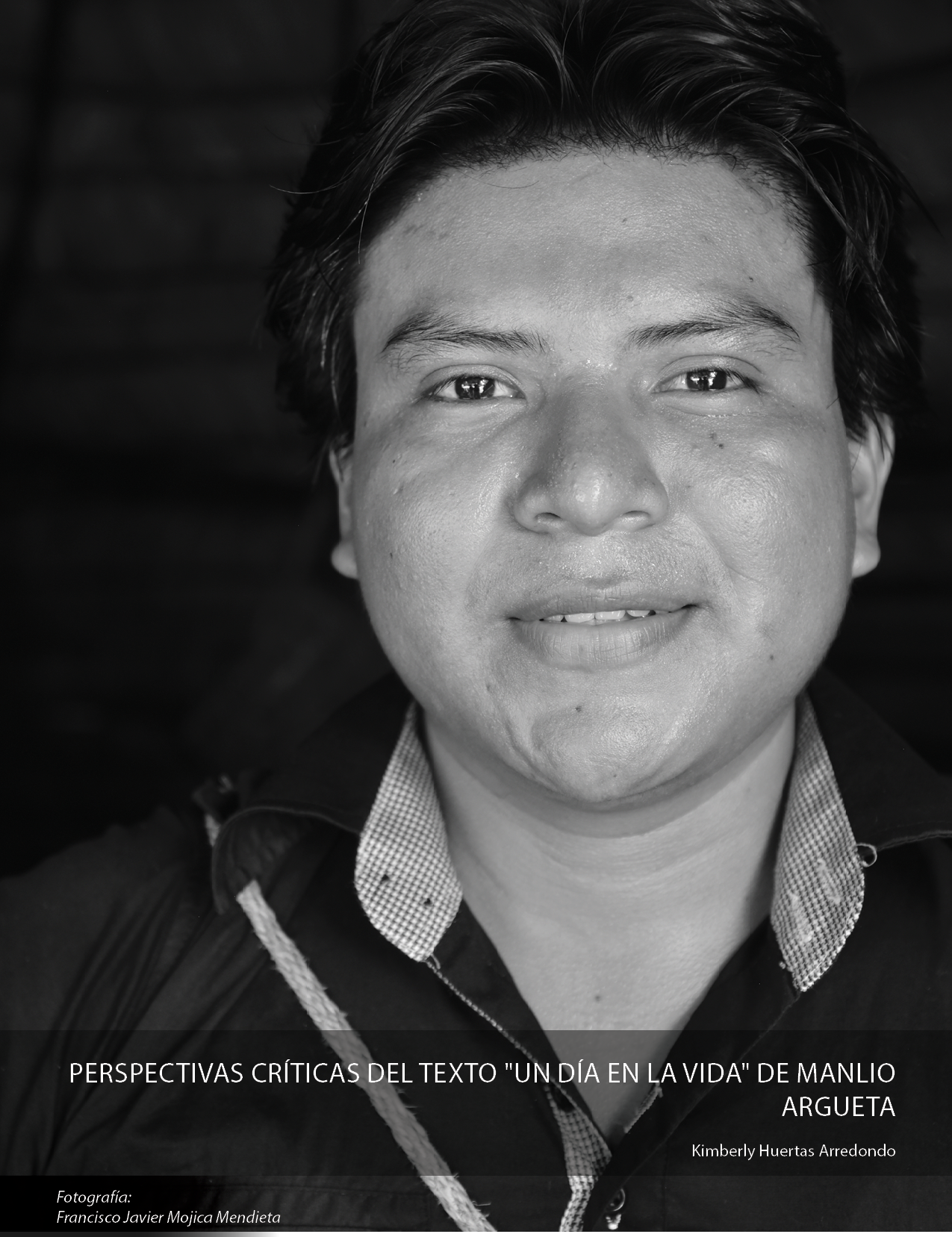Critical perspectives of the text "Un día en la vida" of Manlio Argueta
Main Article Content
Abstract
The purpose of this paper is to analyze some of the studies that deal with the text Un día en la vida (1980), by the Salvadoran writer Manlio Argueta. Specifically, it will focus on the theoretical and methodological lines with which the novel has been studied and what they imply in the configuration of the critical-historiographic discourse. As theoretical-methodological references, the proposals made by literary historiography and literary criticism in the book Intersecciones y transgresiones. Propuestas para una historiografía literaria en Centroamérica (2008), de Werner Mackenbach y El arte de ficcionar. La novela contemporánea en Centroamérica (2012), de Alexandra Ortiz Wallner. It is concluded that Argueta's novel has been studied from a critical position that subverts traditional historiography, from the generic-literary problematizations, regional-comparative approaches: transnational and transtemporal dimensions. Finally, we postulate, as a novelty, new possible routes (theoretical and methodological) for the analysis of the novel under study.
Article Details

This work is licensed under a Creative Commons Attribution-NonCommercial-NoDerivatives 4.0 International License.

This work is licensed under a Creative Commons Attribution-NonCommercial-NoDerivs 3.0 Unported License.

